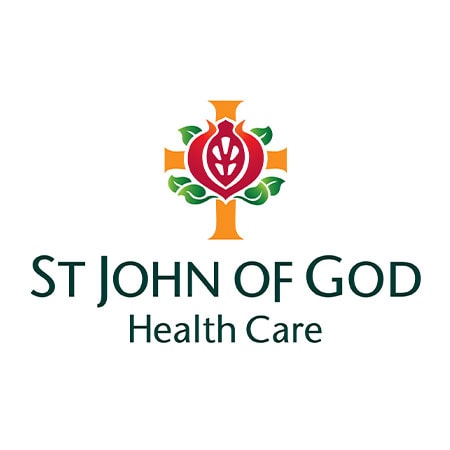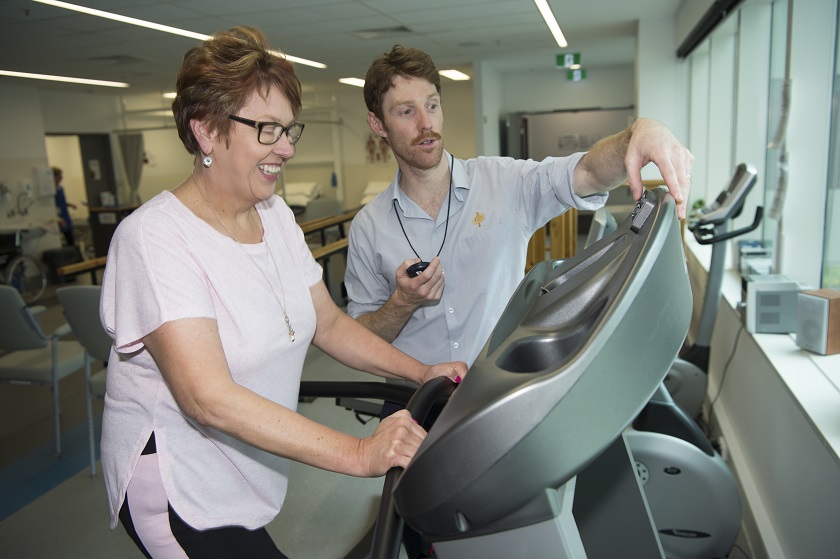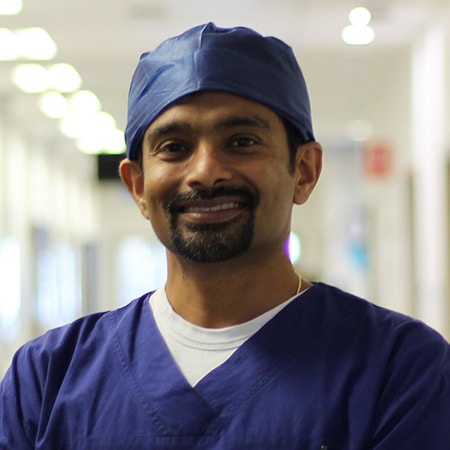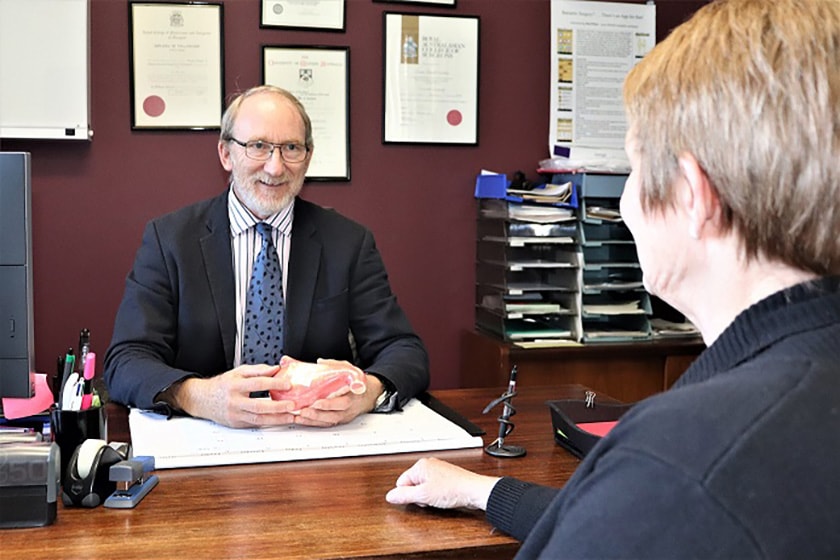Ann’s mission to lose weight, and keep it off through diet and exercise alone wasn’t working.
Weighing 112kg and with high blood pressure, Ann started to panic and feel a failure for not being able to lose weight.
“So I did some research on bariatric surgery - gastric sleeve, gastric band and gastric bypass - to see what it involved and made an appointment with my bariatric surgeon,” she says.
Preparing for bariatric surgery
Ann now weighing 118kg had her surgery scheduled at St John of God Geelong Hospital and started a very low calorie diet to get her back down to 112kg before her surgery.
“Prior to going to hospital, I had prepared some meals as suggested by the dietitian focused on high protein, low carb to help with weight loss,” Ann says.
“This proved really important as it meant I had everything on hand and ready for meal time. Funnily enough, after the surgery I actually realised that I had made my portion sizes too big. What I thought I would eat for one meal actually lasted me two.”
Bariatric surgery at St John of God Geelong Hospital
Ann’s gastric sleeve surgery went well and she woke up the next day able to get out of bed and walk a few laps of the ward.
“I was on a liquid diet and quiet enjoyed my ‘hospital cocktails’ over ice,” Ann says
“The next day I started to feel nausea but after taking my medication, this feeling subsided and I was back at home three days after surgery.”
Recovery and diet after bariatric surgery
Small meals and portions were the order of the day after surgery, with Ann able to consume about three to five tablespoons of food for the first week.
“During this time started to feel light headed and I thought it was because of a lack of food but it was actually due to my blood pressure,” Ann says.
“I went to my GP and they halved my blood pressure medication – everything was heading in the right direction.”
Week two after surgery, Ann started walking around the block to incorporate some light exercise and from week three to eight, she increased her food consumption.
“I was actually enjoying food again as I took more time to chew and enjoy the flavours. This was partially because I didn’t want to make myself eat,” she says.
Now, a year after bariatric surgery
Ann says since her bariatric surgery she has a lot more control over her diet, eating up to one cup of food.
“My body tells me when it is full,” Ann says.
“I still cannot believe that I have an off switch. I know when I am full and I stop eating because I know that if I push it, my stomach will stretch and I won’t feel well.”
Ann says following steps outlined by her dietitian such as eating three meals a day and not drinking immediately before or after eating, she feels well.
“I stick to the rules because I feel I have been given a second chance at life and I am not going to wreck this.”
Weight loss after bariatric surgery
Ann has lost about 52kg from her heaviest weight and since her surgery she has lost almost 40kg.
Her weight now hovers between 78 and 80kg and she wears a size 14.
“It is the little things that I can reflect upon now and see how they change your life – walking, wearing clothes that fit, shopping and feeling normal.
“I want everyone to know that bariatric surgery changes lives and the care I received at St John of God Geelong Hospital was second to none.”








